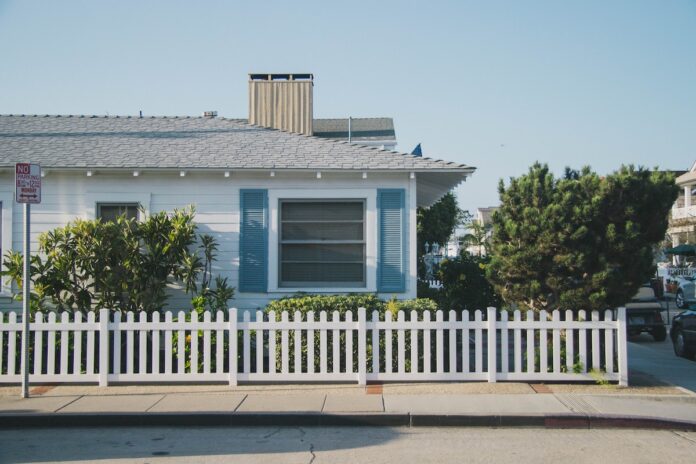Buying your first home can sometimes seem like a daunting task, especially in today’s crazy hot market where properties are going for significantly over the list price. But it doesn’t have to be that scary if you work with the right people and ask the right questions.
In this article, we’re going to highlight eight key questions you should ask your real estate broker before making an offer. These questions will ensure that you get exactly the home you want with the most competitive offer possible.

1. Why is the seller selling?
Is it because the seller is relocating? Maybe something’s wrong with the house? The answer you receive can dictate the offer you make and the rest of your homebuying journey.
If the seller’s relocating, chances are they’ll want to close sooner rather than dragging it on. That kind of motivation can work very well to your advantage. No matter what answer you receive, use it to gauge the seller’s attitude.
2. Are there any comparable homes nearby that we can check out?
As a rule of thumb, you should always ask about nearby homes and pay a visit if they are on the market. By doing so, not only are you more aware of what’s available, but you will have a general sense of how much you can borrow if you plan to get financing.
For those who don’t know, how much you can get from your lender depends significantly on the appraised value. Once you submit your mortgage application, your lender will order an appraisal to determine the appropriate market value of the home. They will then size the loan based on the appraised value and their target loan-to-value ratio (generally 80%). How does the appraiser arrive at the appraised value, you might ask? Well, by looking at similar properties in the same neighborhood.
In other words, if the comparable homes come out to be more expensive than the property you’re looking to purchase, chances are you will have no trouble getting a mortgage. If, however, the comparable properties are significantly cheaper than what the seller’s asking, the appraised value might come in below the price, and you might end up putting down additional cash to cover the difference to reach the 80% LTV.
3. Are real estate prices rising or falling in the area?
Homeownership is often the best way to accumulate equity, and as a homeowner, you’d want to make sure that your home appreciates over time. You can do so by checking the historical and recent trends in the neighborhood or city. Your broker should be able to supply you with a report or overview of the local market. Alternatively, you can check out sites like RealtyHop to better understand the housing market you’ll be buying in.
4. How’s the neighborhood?
Is the property in the right location? How are the crime rate, nearby food and entertainment options, and the highway or public transit systems? Since this will likely be the place you call home for the next decade of your life, you should spend some time making sure that the lifestyle fits your needs.
5. How long has the home been on the market?
Generally, if the home has been on the market for a while, the seller will be more open to an offer below asking and move on with their lives. On the contrary, if the property was just listed and the market is hot, the seller will likely wait a few weeks to receive the highest possible offer.
6. What is the recent sale history for the property?
You might wonder why history is at all relevant in this case. Let’s say the current owner bought this house for $200k five years ago. But three months before the transaction, the home was sold for just $50k. That tells you this home was purchased by an investor five years ago and ‘flipped’ to the current homeowner. It’s essential to have an inspector walk through the home with a fine-toothed comb to ensure the person who flipped the house didn’t cut any corners.
Or maybe the property has had many owners, and none of them stayed over a year. This could imply severe structural issues or problems with the neighborhood. Put simply, the devil is in the details, and you will be better off knowing everything before making an offer. A good real estate agent will be able to provide you with this info and help you understand what it all means.
7. What school district is the home in?
If you already have kids in school, you probably have considered this one before inquiring. But if you have very young children or will have kids soon, you must research the local school district before putting in an offer. You’d want to make sure the home is in a place where your kids would be happy in school for the next ten to 18 years of their lives.
Your real estate agent should be able to advise you on the school district. Alternatively, you can do your own research online. In addition to school rating sites like Niche, most real estate websites now include local school district information, such as RealtyHop Schools.
8. Can I see myself and my family living here in the next ten years?
The most important person you should be asking questions to would be yourself. At the end of the day, it doesn’t matter if the home is in your ideal location and you’re getting it at a great price, and it’ll be a bad investment if you’re not going to be happy and satisfied living in the property long-term. Any resentments and regrets may lead to neglecting maintenance and your other homeowner duties.



